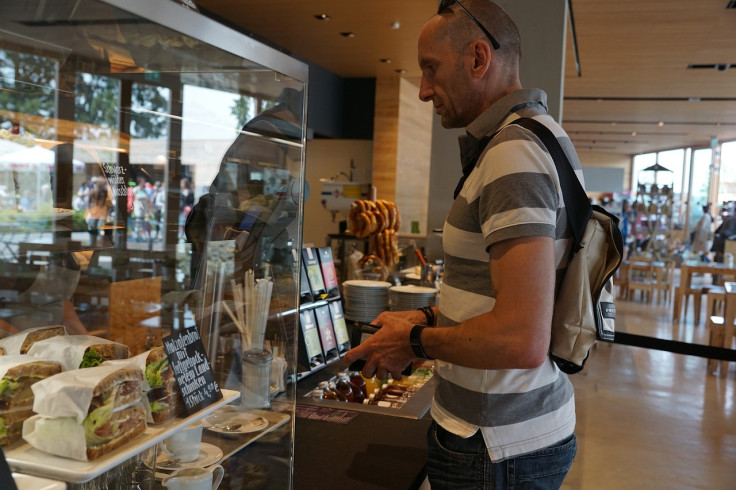What Is 'Tip Creeping'? Customers Forced Into Tipping At Places They Wouldn't Have Before
With credit card kiosks and digital payment methods all around us, the manner in which businesses ask for a tip seems to be becoming a part of the entire customer experience.
Restaurants and business outlets now let customers pay for a product or service with just the touch of a button, consequently changing what used to be an age-old, voluntary practice.
As tip jars are being replaced with iPads, the tradition of paying an amount of your choice for a job well done is also being replaced by tip suggestions that are prompted to customers. Customers would normally leave a 15% tip in the past but now find themselves being coerced into paying 18%, 20% and even 30% due to tip inflation or tipflation, according to NewsNation.
Today, tip prompts are not only seen at tablecloth restaurants but also at car washes, drive-thrus, auto shops and other retail outlets. This growing trend of tipping workers in more and more occupations is dubbed "tip creeping."
"Suddenly, these screens are at every establishment we encounter. They're popping up online as well for online orders. And I fear that there is no end," etiquette expert Thomas Farley told AP News.
Farley sees the entire takeover of screens with tip prompts as "an invasion."
Cornell University professor Michael Lynn, who studies consumer behavior, said tips were initially given to workers who earned what was known as "tipped minimum wage," which was federally fixed at $2.13 per hour, according to CBS News. These workers mostly included waiters or bartenders, and they were given tips to earn more.
Today, customers feel compelled to tip workers in other occupations such as baristas, drivers, delivery workers, and others who earn the regular minimum wage or more.
"It's mostly restaurant waiters and waitresses that are paid less than the minimum wage, so for them, tips are critical," Lynn told the outlet. "I feel obligated to tip waiters, but anybody else I don't feel obligated, but often I do tip if they've gone above and beyond," he added.
While some workers might be caught in the middle of a system created by their employers, others find it hard to sympathize with customers who can buy expensive cups of coffee but not tip.
"Tipping is about making sure the people who are performing that service for you are getting paid what they're owed," Dylan Schenker, a barista who earns roughly $400 in tips a month on top of his hourly wage of $15 at a Philadelphia café, told AP News.
Some customers manage to ignore tip requests because they believe employers should be paying enough to remunerate their own workers.
"If you work for a company, it's that company's job to pay you for doing work for them," Mike Janavey, a footwear and clothing designer in New York City, told the outlet. "They're not supposed to be juicing consumers that are already spending money there to pay their employees."
Tip creeping and tipflation can leave customers feeling tipping fatigue. They might also feel irritated by the constant requests to offer tips at places they never tipped at before.
"People do not like unsolicited advice," said Ismail Karabas, a marketing professor at Murray State University who studies tipping. "They don't like to be asked for things, especially at the wrong time."
A PlayUSA survey of over 1,000 Americans found that sit-down restaurants are the most common places where customers give tips. About 83% said they always tip at sit-down restaurants while only 49% tip at outlets like Chipotle or Panera that do not have tableside service.
Customers admitted that they started tipping at places they normally don't because of iPad check-outs. The survey showed that 51% paid a few extra bucks when an iPad asked them to do so. About 54% felt pressured into tipping when employees turn the iPad away.
The COVID-19 pandemic also led to a surge in the tipping boom with over 1 in 4 tipping more than what they used to tip before the outbreak. "However, it's not just because of the pandemic that people are digging deeper into their pockets. 45% feel they've been tipping more these past few years just because businesses are asking during checkout," the survey stated.

© Copyright IBTimes 2024. All rights reserved.






















